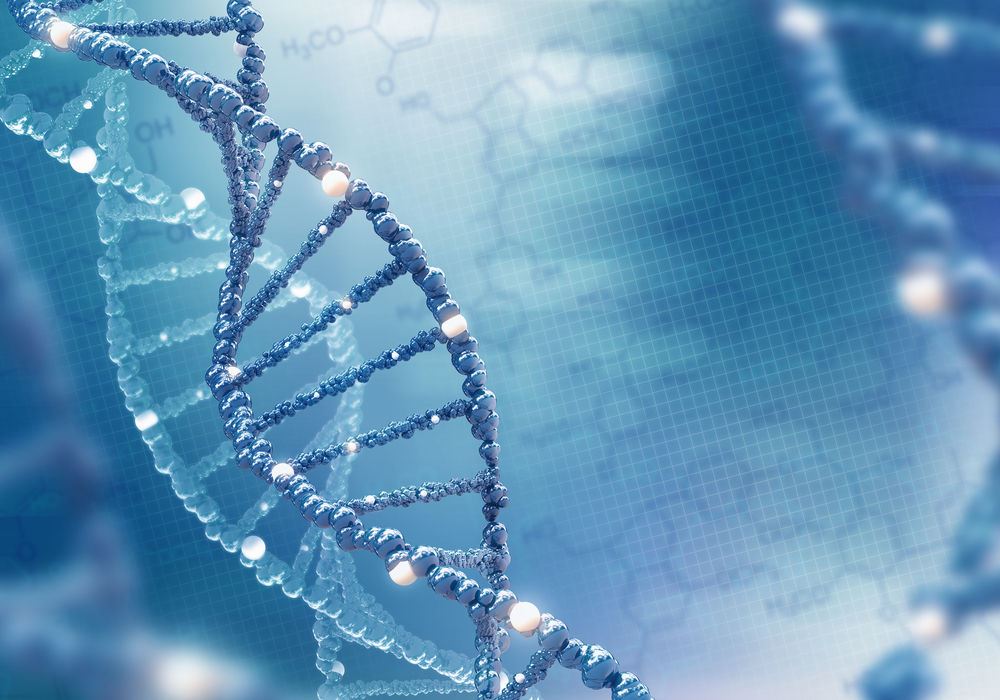Early Study of Exon 45 Skipping Therapy, DS-5141, in DMD Patients Shows Safety But Mixed Effectiveness

Daiichi Sankyo announced positive safety findings in a Phase 1/2 trial of its investigational dystrophin gene therapy DS-5141 in a small group of Duchenne muscular dystrophy (DMD) patients, but noted results failed to show clear evidence of efficacy on a key endpoint.
Evidence of exon-skipping was found, the company reported in a press release, but expression of the dystrophin protein, a primary trial objective, was only partly identified.
This clinical trial (NCT02667483) was the first to evaluate the safety, tolerability, efficacy, and pharmacokinetic (a drug’s movement within the body) profile of DS-5141 in DMD patients amenable to exon 45 skipping, a DMD gene therapy approach. Exons are the part of genes that actually contain the information to produce a protein.
Exon-skipping therapies work by “skipping over” an exon in the dystrophin gene. DS-5141 is designed to trigger exon 45 skipping, resulting in the production of an incomplete but functional dystrophin protein in the muscle cells of the patients.
In the first part of the study, which enrolled six boys at two sites in Japan, DS-5141 was administrated subcutaneously once a week for two weeks at doses levels that ranged from 0.1 mg/kg to 6 mg/kg.
In the second part, two doses of DS-5141 — selected based on part one results, but not identified in the release — were administrated once a week for 12 weeks.
No serious adverse events were observed and no patients discontinued treatment, supporting the investigative treatment’s safety at the doses studied.
Regarding the treatment’s effectiveness, dystrophin protein expression in muscle tissue was only partially achieved, since the protein was not clearly detected in all treated patients.
But a secondary efficacy goal, the production of messenger RNA with exon 45 skipping of the dystrophin gene was detected in all the patients. (Messenger RNA is the intermediate molecule between a gene and its protein.)
Between the positive safety findings and evidence of exon-skipping activity, the company announced that it will continue to advance DS-5141 as a potential DMD therapy.
“Daiichi Sankyo will continue to develop DS-5141 to offer a new treatment option to patients with DMD as soon as possible since both its safety and the exon skipping activity of the dystrophin gene in all patients were observed in the study,” the company states in its release.
The study was conducted in collaboration with the Orphan Disease Treatment Institute, a private company co-founded by the Innovation Network Corporation of Japan and Mitsubishi UFJ Capital.






